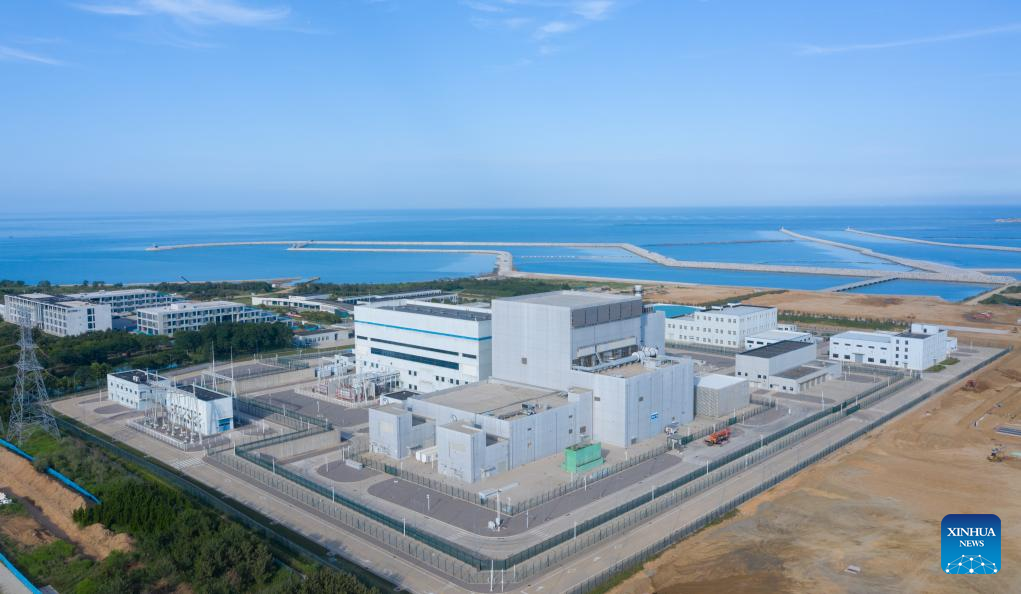
MANILA - The Asian Development Bank (ADB) has said that recent changes to its energy policy will allow the institution to support nuclear power projects for the first time, subject to strict safeguards and international oversight.
In a statement on Monday, the Manila-based lender said the updated changes "pave the way" for the ADB to support nuclear power, including financing nuclear energy in developing member countries that opt to include it in their energy mix.
Any support, however, would undergo "rigorous assessments and the highest standards of safety, security, and environmental and social safeguards".
The bank will work closely with the International Atomic Energy Agency (IAEA) and other international authorities to help its developing member countries adopt international best practices and comply with stringent nuclear power standards.
"These changes further enhance ADB's ability to support countries in Asia and the Pacific as they work to meet their rapidly growing energy needs," said ADB President Masato Kanda.
"Nuclear power, for example, is an important technology option for countries looking for reliable alternatives to baseload electricity," he added.
Kanda is expected to sign an agreement with the IAEA this week to further these objectives.
Another amendment allows the bank to finance projects that manage methane, one of the most potent greenhouse gases, and curb routine gas flaring in existing oil and gas fields.
Recognizing the crucial long-term role of carbon capture, utilization, and storage (CCUS), the ADB has been supporting CCUS technologies in power plants and other hard-to-abate sectors.
A third change extends this support to CCUS projects that use depleted gas and oil wells to store carbon dioxide.
A fourth amendment recognizes ADB's potential role in enabling the development of diversified and responsible critical minerals-to-manufacturing value chains.
The changes are part of a mandatory scheduled review of the existing energy policy, approved in October 2021, and were informed by extensive consultations with ADB's stakeholders.
READ MORE: ADB vows support for integration to overcome regional challenges
In 2024, the ADB committed about $3.8 billion to energy projects. The bank has also been helping strengthen the policy and regulatory environments to support stronger private-sector investments and meet the region's rapidly increasing energy demand.


